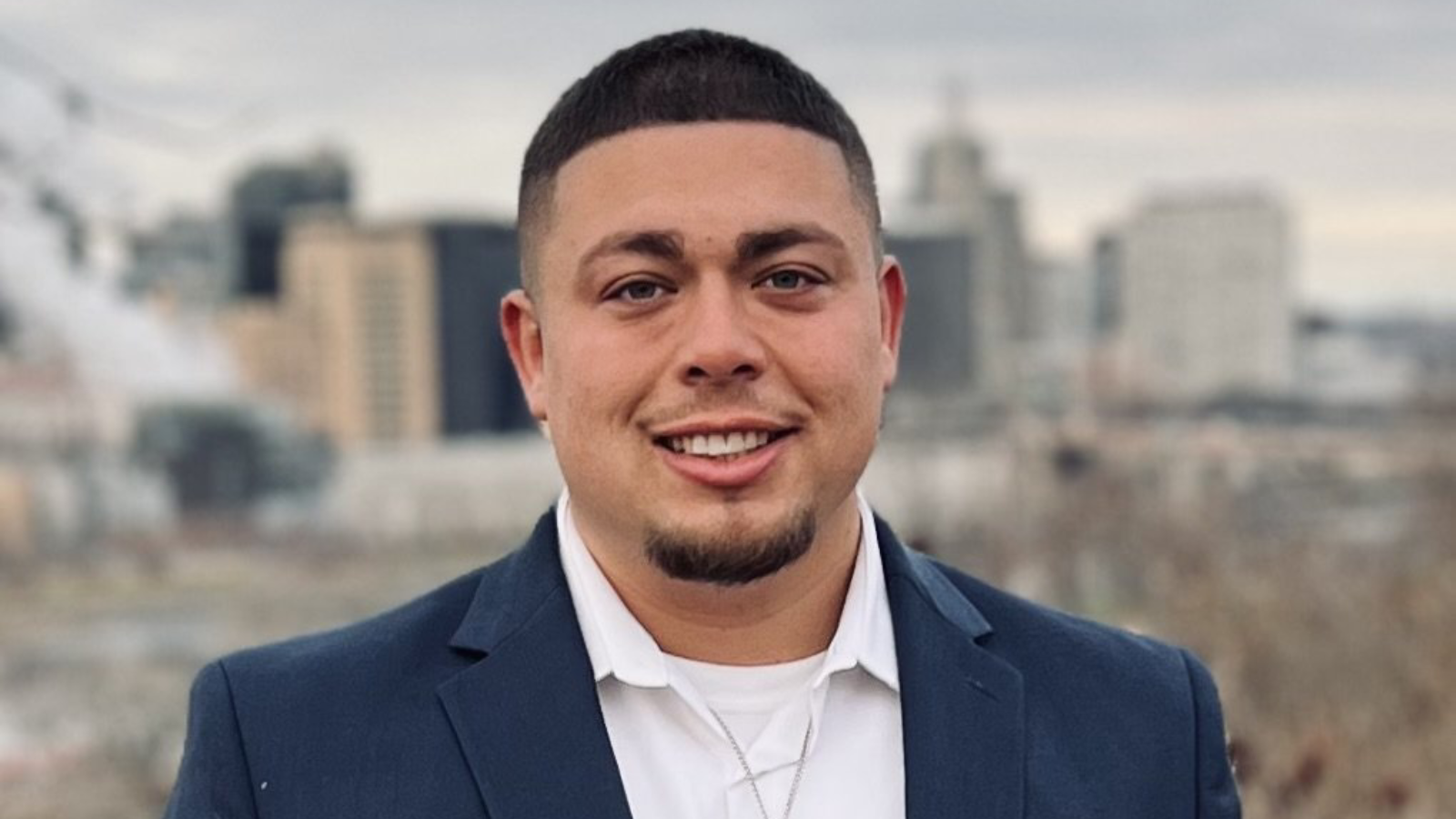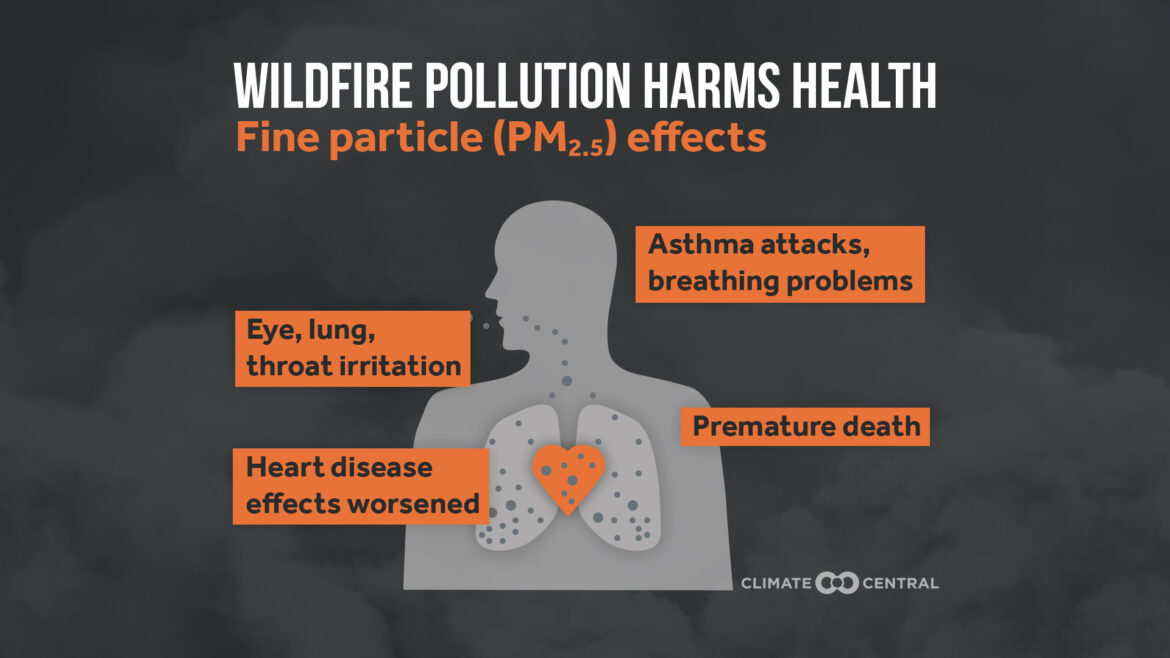Holiday Planning in the Time of COVID-19
By Nicholas Swenson, MD and Angela Ulrich, PhD
As snow falls and the pandemic surges, families across Minnesota are wondering how to celebrate the holidays without putting themselves or those they love at risk. After months of physical distancing, mask wearing, and hand washing, many of us are feeling “pandemic fatigue” as 2020 draws to a close. If you find yourself feeling fed up with the pandemic, know that you are in good company!
Unfortunately, the ways in which we are accustomed to celebrating our holiday traditions—gathering around a Christmas tree, for example, or a bountiful meal—create the perfect environment for spreading COVD-19. Even while our traditions may seem to urge us to visit one another, the science of this yet-to-crest wave compels us to behave differently. As Minnesota Governor Walz ordered on November 19, residents must not gather until December 17 with those from other households. Even if the order is lifted by the Christmas holiday, Minnesotans should cautiously weigh the risks and benefits of gathering together, and make holiday plans that keep ourselves, loved ones, and communities healthy.
The safest option is to spend the holidays only with those who live in your household. Rather than gathering in person with extended family, consider celebrating virtually. Plan a time for an online event, send out invitations, and make it fun! Share new recipes, show off your decorations, maybe even have a friendly competition for the prettiest pie. If you’re mourning being able to taste and share those favorite holiday recipes, you don’t have to—you can still have a potluck! Prepare home-baked traditional dishes and safely deliver them to the porch of your friends and loved ones.
If you plan to attend or host a holiday event (if and when local guidance permits gatherings with those outside of your immediate household), get creative about keeping your family and guests safe. Limit the size of your gathering to the fewest households and smallest number of individuals possible. If weather permits, host a short outside gathering, tell your guests to bundle up and prepare hot cocoa or apple cider to serve them while distancing around one (or more!) warm campfires. If you choose to gather indoors, use the largest, most well-ventilated space in your home and open a few windows. Seat households at separate, distanced tables rather than communal ones.
Instead of serving a buffet or passing dishes, have each household bring their favorite take-out. Set up a handwashing station and remind everyone to mask up whenever they aren’t eating or drinking. Most importantly, clearly communicate your plan to guests.
Consider postponing your holiday travel plans. Travel creates an opportunity for COVID-19 to infect both those you plan to visit and those you will return home to. If you choose to travel by airplane, wear a mask properly (covering your mouth and nose) for the duration of your flight, while moving through the airport, and on rides to and from the airport. Lower the risk to the folks you visit by staying in a rental or hotel, visiting outdoors or in well-ventilated spaces, physically distancing, and wearing a mask throughout your visit.
Limit contact with others for 10-14 days before attending family gatherings or travelling, and get tested for COVID-19. But remember that a negative test doesn’t make good ventilation, physical distancing or wearing a mask any less important. Viruses have an “incubation period,” which means that you can have a negative test a day or two before seeing family but still be infectious during your visit, even if you don’t have any symptoms.
The good news is that the pandemic won’t last forever! Conversations about your holiday plans this year may be difficult, but have them anyway. Focus on the things you can do right now to avoid an empty seat at the dinner table in the future: gathering virtually and postponing travel, staying outdoors and increasing ventilation when inside, keeping your distance, wearing a mask, and washing your hands. Remind your loved ones that the choice to celebrate differently in 2020 helps ensure you’ll all be around to celebrate together for many years to come.
Nicholas Swenson, MD is a resident physician at the Allina Health/United Family Medicine Residency Program. Angela Ulrich, PhD is an epidemiologist at the University of Minnesota.




